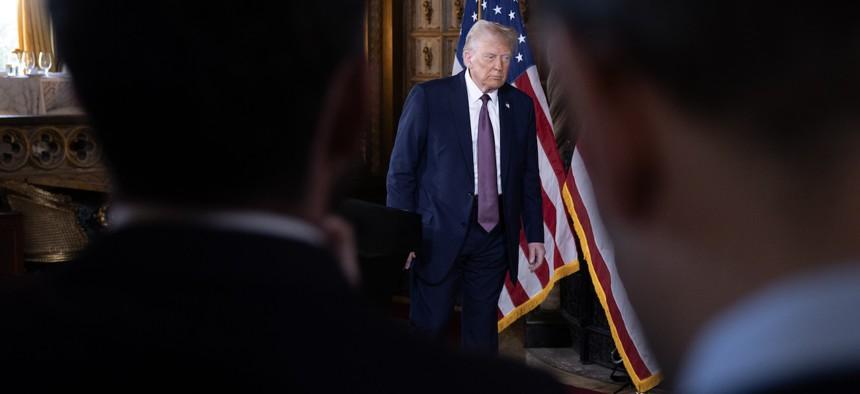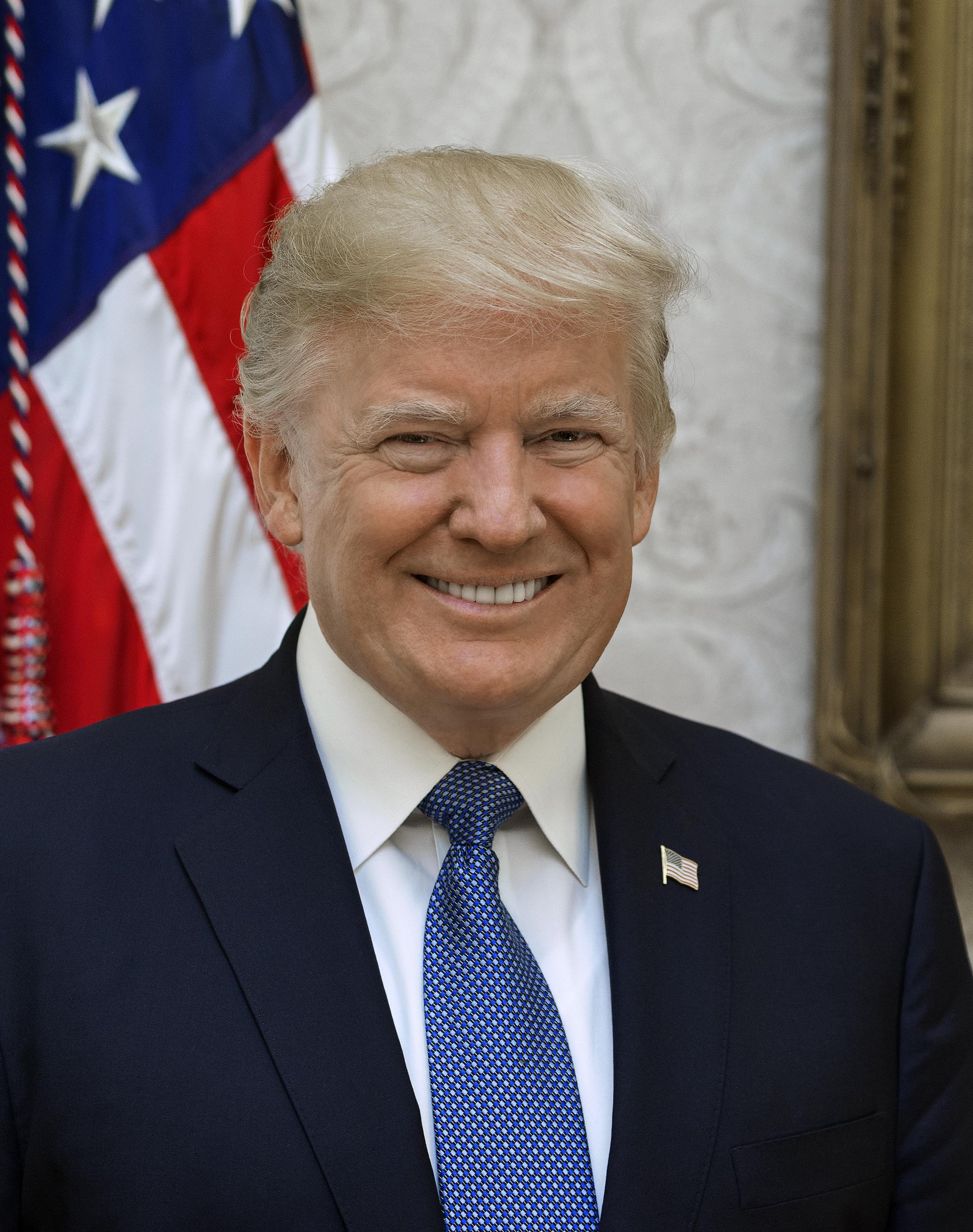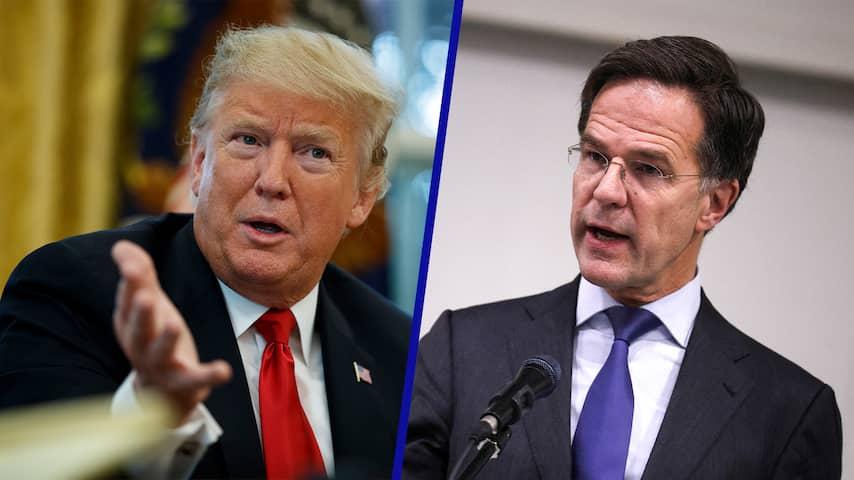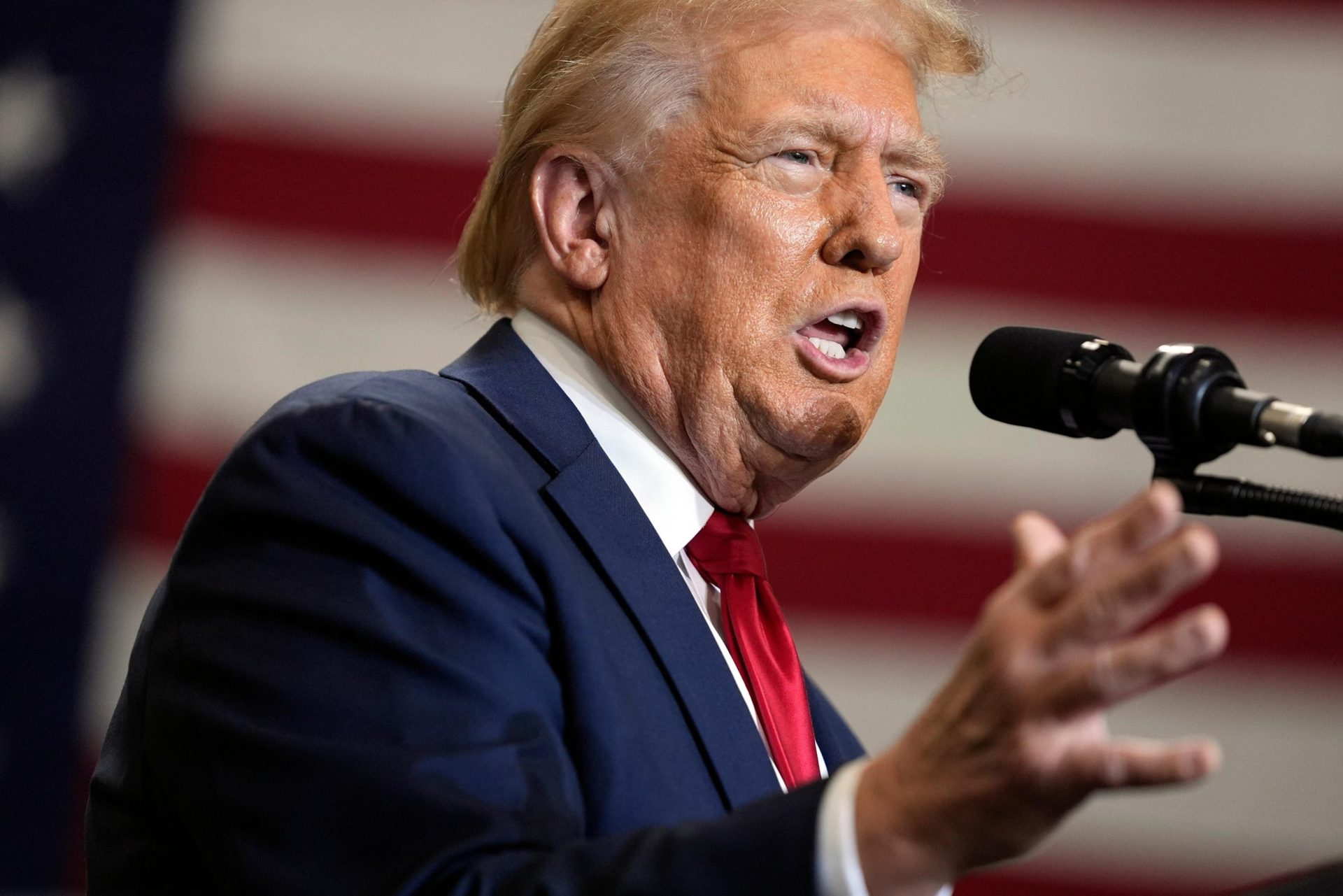Trumps Proposed Meeting with Putin: implications for U.S.-Russia Relations
As former President Donald Trump announces plans for a meeting with Russian President Vladimir Putin, experts are raising questions about the potential ramifications for diplomatic relations between the United States and Russia. This proposed encounter, if it materializes, could signal a notable shift in the U.S. approach toward Russia, potentially leading to the easing of tensions that have characterized the bilateral relationship in recent years. Analysts have pointed out some key factors to consider:
- Diplomatic Reset: A meeting might be interpreted as a willingness by the U.S. to engage more directly with Russia, seeking common ground on issues such as nuclear arms control and cybersecurity.
- Domestic Political Implications: TrumpS dialogue with Putin could provoke mixed reactions within the U.S., as concerns over Russian interference in American elections and other geopolitical aggressions remain prominent.
- International Reaction: Allies in Europe and beyond may scrutinize the meeting closely, wary of any concessions that could undermine collective security efforts or embolden Russian actions in neighboring regions.
Furthermore, the context of the proposed meeting is critical. Given the backdrop of ongoing conflicts and sanctions, any discussions will likely revolve around contentious topics, including arms control treaties and Russia’s actions in Ukraine and Syria. Some analysts suggest that a successful dialogue could lead to measurable benefits, such as renewed cooperation in areas like counterterrorism or climate change. Others, however, remain skeptical, arguing that past engagements have often resulted in little more than symbolic gestures rather than significant agreements. The outcome of this proposed meeting—if fully realized—could redefine U.S.-Russia relations for years to come.

Analyzing the Strategic Goals Behind the Proposed Summit
As discussions progress regarding the potential summit between trump and Putin, it is indeed crucial to scrutinize the underlying strategic objectives that might potentially be influencing this high-profile meeting. On one hand, the former President is likely seeking to rejuvenate his international image and solidify his position as a relevant figure in global politics. By engaging with Putin, Trump may aim to project strength and assert that he remains a key player on the world stage, despite having exited the Oval office. This could help bolster his support base, particularly among those who view close ties with Russia as beneficial to U.S. interests.
Conversely, Putin’s motives may revolve around enhancing Russia’s geopolitical standing amid Western scrutiny. By coordinating a summit, he could leverage the meeting to showcase diplomatic prowess and further emphasize the notion of a multipolar world. Several specific goals can be anticipated:
- Reinforcing bilateral relations: Strengthening ties between the two countries may be pivotal in mitigating tensions in volatile areas.
- Addressing economic partnerships: Discussing avenues for increased trade could be mutually beneficial, especially in energy sectors.
- Geopolitical maneuvering: Collaboration on security issues,such as counterterrorism and nuclear arms control,could alter power dynamics.

Potential Challenges and controversies Surrounding the Meeting
As discussions about the upcoming meeting between Trump and putin gain momentum, various potential challenges and controversies are coming to light. Critics are concerned that the timing of the meeting could impact domestic and international politics, particularly given the ongoing investigations into election interference and financial dealings. Furthermore, there are apprehensions regarding Trump’s ability to effectively engage with Putin on sensitive topics, such as nuclear safety, human rights abuses, and the ongoing Ukraine crisis. The prospect of the meeting raises several key issues:
- Public Perception: Many voters remain divided on Trump’s foreign policy stance, making public reception of the meeting a crucial factor.
- Geopolitical Ramifications: The implications of U.S.-Russia relations could have far-reaching effects on global alliances and security.
- Historical Context: Previous meetings between U.S. and Russian leaders have been fraught with tension and misinterpretation; this legacy poses an inherent risk.
Moreover, the possibility of backlash from both political parties cannot be ignored. While some supporters may view the meeting as a necessary step towards diplomacy, opponents argue it legitimizes authoritarian behavior. Concerns about clarity and the outcomes of discussions are particularly heated, with critics emphasizing the need for clear communication from the Trump management regarding key decisions made during the meeting. The landscape is further complex by:
- Media Exploitation: The media’s framing of the meeting could exacerbate existing tensions and narratives,potentially influencing public opinion.
- Influence Operations: There are fears that foreign adversaries could exploit the meeting to further their own strategic interests.
- Internal Party discontent: Trump’s meeting with Putin could intensify rifts within the Republican Party, particularly among those wary of Russia.

Recommendations for Navigating Diplomatic Tensions Ahead of the Summit
As diplomatic tensions escalate in anticipation of the summit between Trump and Putin, it becomes imperative for involved parties to approach the situation with a strategy that promotes constructive dialogue. Key to this effort is fostering an environment conducive to non-confrontational communication. To this end, stakeholders should prioritize:
- Building Backchannels: Establishing unofficial channels of communication can provide a platform for candid discussions and help mediate sensitive issues before they become contentious.
- Understanding cultural Nuances: Recognizing and respecting each other’s cultural backgrounds could help mitigate misunderstandings and foster mutual respect.
- Setting Clear Objectives: Both sides should outline their goals for the meeting, ensuring that expectations are aligned to avoid last-minute surprises or disappointments.
Moreover, managing the media narrative surrounding the summit is crucial. Outlets should aim for balanced reporting that considers multiple perspectives to prevent sensationalism.in addition, it is vital to:
- Encourage Transparency: Open communication about the summit’s goals and processes can build public trust and support.
- Focus on Common Ground: Highlight shared interests, such as economic cooperation or security concerns, to create a foundation for positive discussions.
- Promote Engagement with Civil Society: Including voices from civil society can enrich dialogue and lend credibility to the discussions, helping to foster a more holistic approach to conflict resolution.
